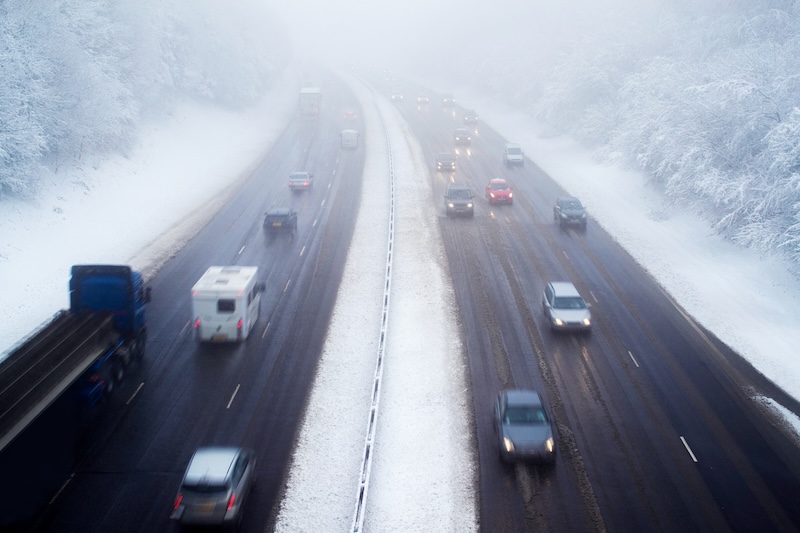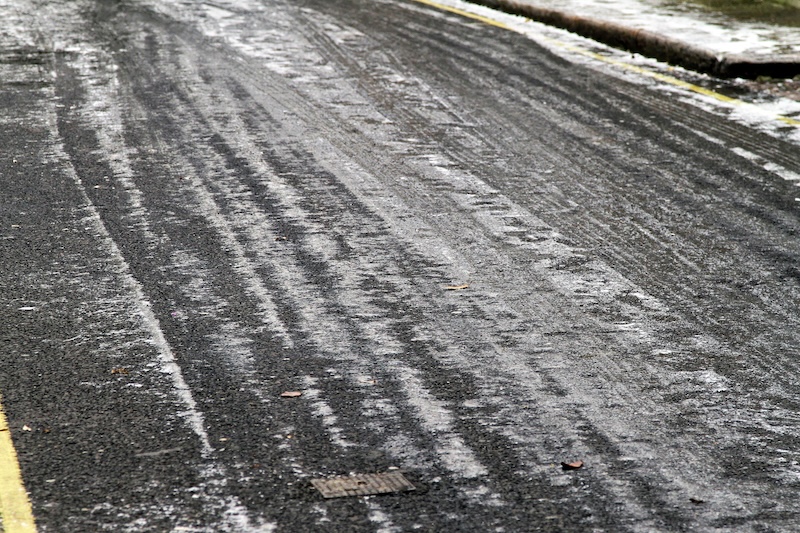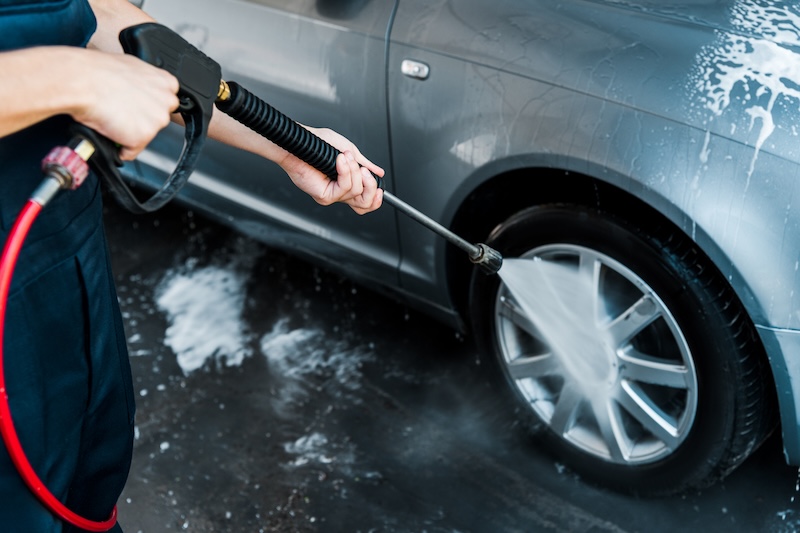Seven car noises you need to listen out for | 1st Central

Ever heard your car making weird noises but not sure what it means?
Even though you might just want to ignore the problem, it’s better for you to keep an ear out. Strange car noises often signal an underlying issue that needs attention. Wessex Fleet has compiled a helpful list of different car noises and what they mean, plus how much repairs could set you back.
Most common car noises
Unusual car engine noises or clunks while driving are often the first signs of trouble. Addressing these noises early can prevent more serious issues. Let’s break down the most common ones you might hear.
My car makes noise when turning
A car noise when turning could be a sign of several issues:
- Clicking or popping noises: This is often due to a damaged CV (constant velocity) joint. CV joints are essential for transferring power to the wheels and allowing them to turn smoothly. Over time, the protective rubber boot can crack, allowing dirt and moisture to enter and damage the joint. Replacing a CV joint typically costs around £200.
- Grinding sounds: Grinding sounds usually mean low power steering fluid. Power steering fluid ensures smooth and easy turning. If the fluid is low, topping it up (£10-£15) may resolve the issue. However, persistent grinding could point to a leak in the system, which will require professional inspection and repair.
My car makes noise when braking
When your car makes noise when braking, it’s often a sign of issues within the braking system:
- Squealing noises: This is one of the most common brake-related noises and is often due to worn-out brake pads. Brake pads have wear indicators that create a squealing sound to alert you it’s time for a replacement. Addressing this promptly prevents damage to the brake rotors.
- Grinding sounds: If you hear a grinding noise, it usually means the brake pads have worn down completely, exposing the metal backing plate. This can cause severe damage to the rotors and increases repair costs significantly.
- Clunking or knocking noises: Loose or damaged brake components, such as calipers or brake hardware, might cause clunking sounds. Getting these inspected by a professional can ensure your brakes function safely.
My car makes noise when accelerating
When a car makes noise when accelerating, it often signals a problem with the engine or exhaust system:
- Squealing or chirping sounds: This is usually caused by a worn or loose alternator or drive belt. The drive belt powers systems like the alternator and air conditioning. If a loose belt slips, this can causing the squealing noise. Replacement costs are typically around £150.
- Roaring noise: This can indicate a leak or break in the exhaust system. A damaged exhaust affects your car’s performance and presents the risk of dangerous fumes entering the cabin. Addressing this issue promptly ensures both safety and efficiency.
- Slapping noise: A slapping sound while accelerating may indicate a flat or underinflated tire. Check your tire pressure and inspect for damage. A puncture may require repair or replacement.
My car makes noise when driving
Persistent noises while driving are common and can stem from several sources:
- Clunking or rattling sounds: These sounds often suggest suspension issues, such as a damaged anti-roll bar or worn-out shock absorbers. The anti-roll bar helps stabilise the car during turns. If it’s damaged, replacement costs average around £210. Similarly, worn shock absorbers affect the ride’s comfort and safety.
- Brake clunking noise: A clunking noise when braking is typically due to worn-out brake pads or loose brake components. Brake pads wear down over time, and ignoring this noise could lead to rotor damage. Replacement costs for brake pads are around £250.
- Bearing car noise: Grinding or humming sounds could indicate failing wheel bearings. A replacement costs about £200 per bearing. Left unattended, it may cause uneven tire wear and compromise safety.
My car makes noise when reversing
A car making noise when reversing might have minor or significant implications.
- Clicking noise: This is often caused by brake pads shifting into position as you change direction. Adding caliper grease can resolve this.
- Groaning sound: A groaning or moaning noise when reversing could indicate low power steering fluid or alignment issues in the rear suspension. While topping up fluid is inexpensive, suspension issues may require a professional to fix.
My car makes noise when turned off
Hearing a car making clicking noise when off might seem unusual, but it’s often harmless:
- Clicking or ticking sounds: These are usually the result of the engine cooling down. As metal parts contract, they create harmless clicking noises. No action is needed.
- Hissing or sizzling noise: This could indicate a leak in the cooling system or air conditioning. Leaks are potentially hazardous and should be inspected by a professional. Avoid trying to fix these yourself, as high-pressure systems can be dangerous.
My car makes noise when idling
Unusual idling noises often relate to the engine or exhaust system:
- Knocking or ticking sounds: These noises often indicate low oil levels or worn engine components. Regularly check your oil levels and top them up if necessary. If the sound persists, professional diagnostics may be required to rule out internal engine damage.
- Rattling noises: This might point to a loose heat shield or exhaust pipe. While these are minor issues, they can escalate if not addressed promptly. Repair costs vary but are usually affordable if caught early.
- Brake sounds and what they mean: If you hear a squeaking or grinding noise while idling and pressing the brakes, the pads may be worn out. Timely replacement ensures your brakes function optimally.
Act fast
Simon Naylor, Director at Wessex Fleet, has said you should get familiar with the normal operation of your car and have unusual sounds looked at straight away.
“While the upkeep of a car can be expensive, whether you are leasing or you own the car, it’s important you listen out for any concerning noises your vehicle may start to make.
“Getting these sorted sooner rather than later could save subsequent faults and rising repair bills.”
Discover how many drivers know how to maintain their car.
Don’t forget to check out our car insurance policies today!


